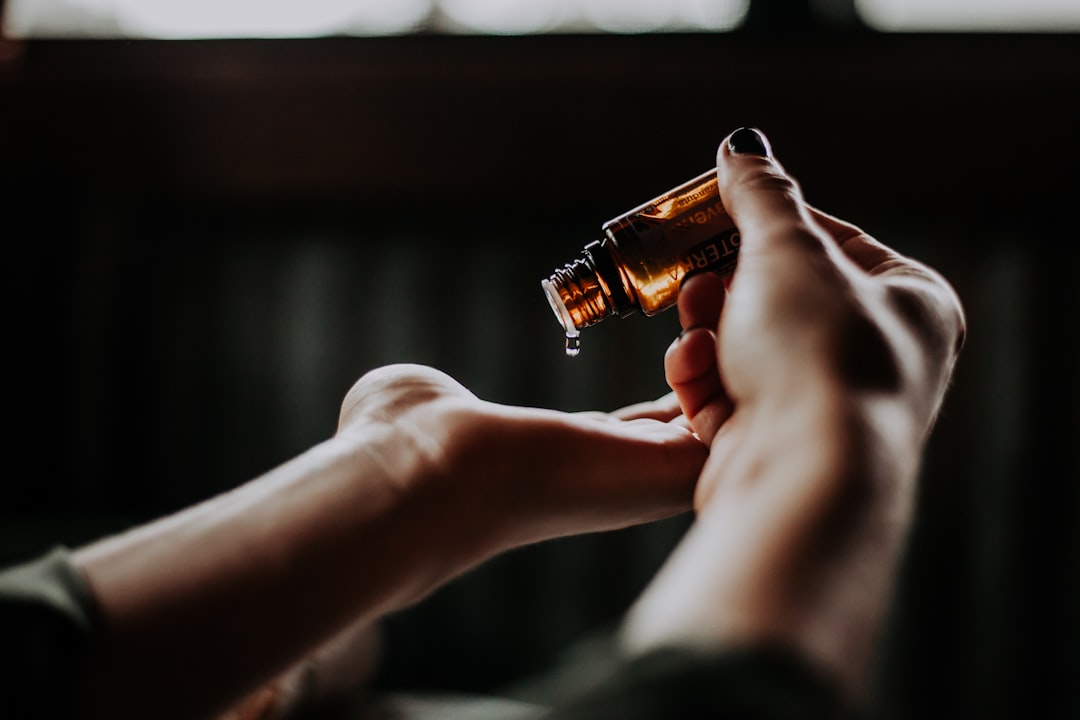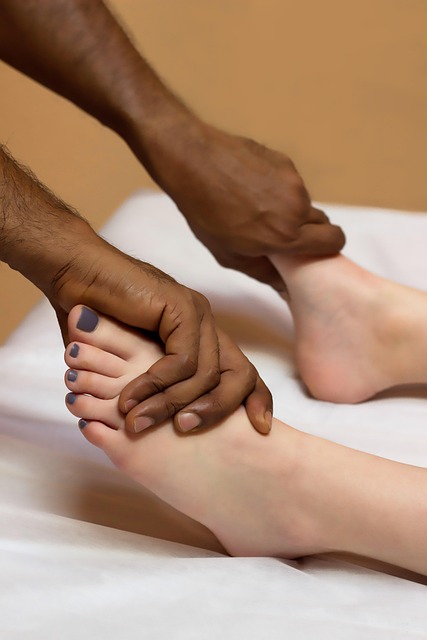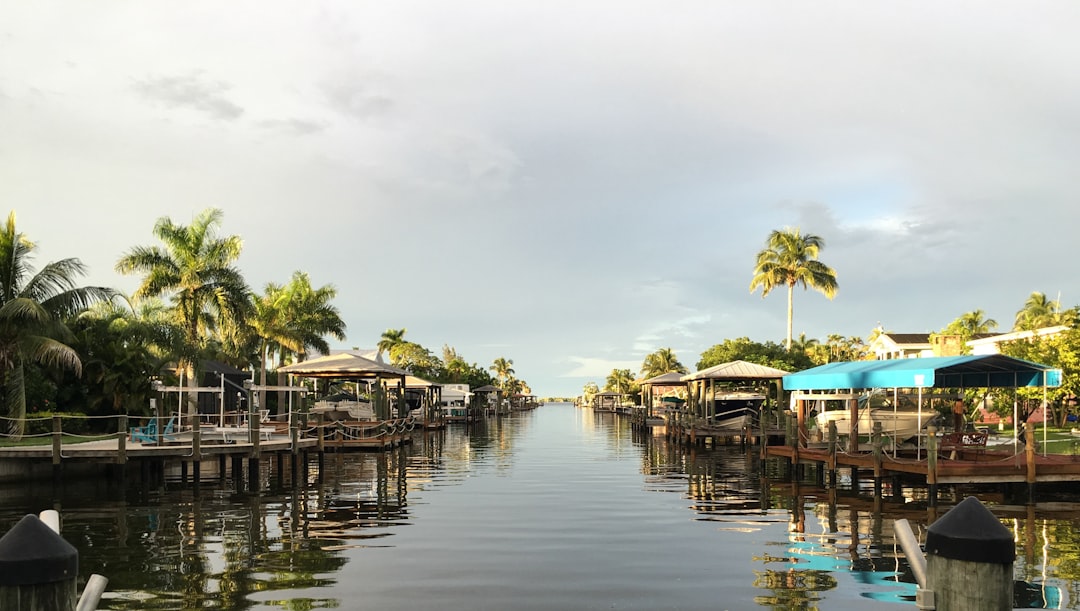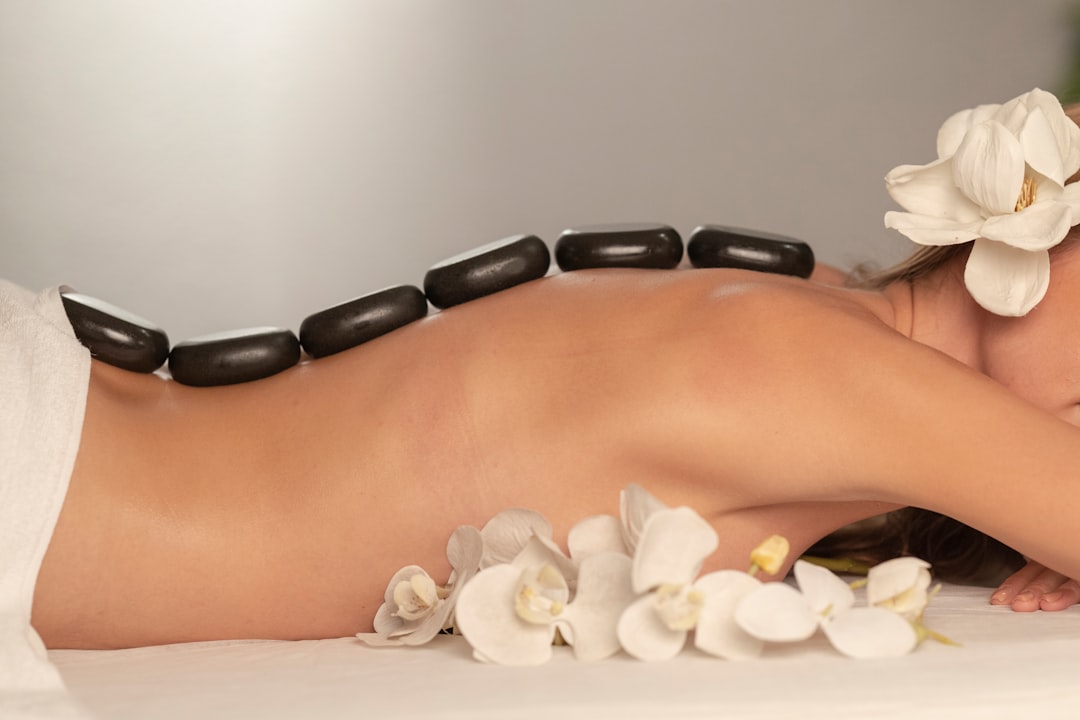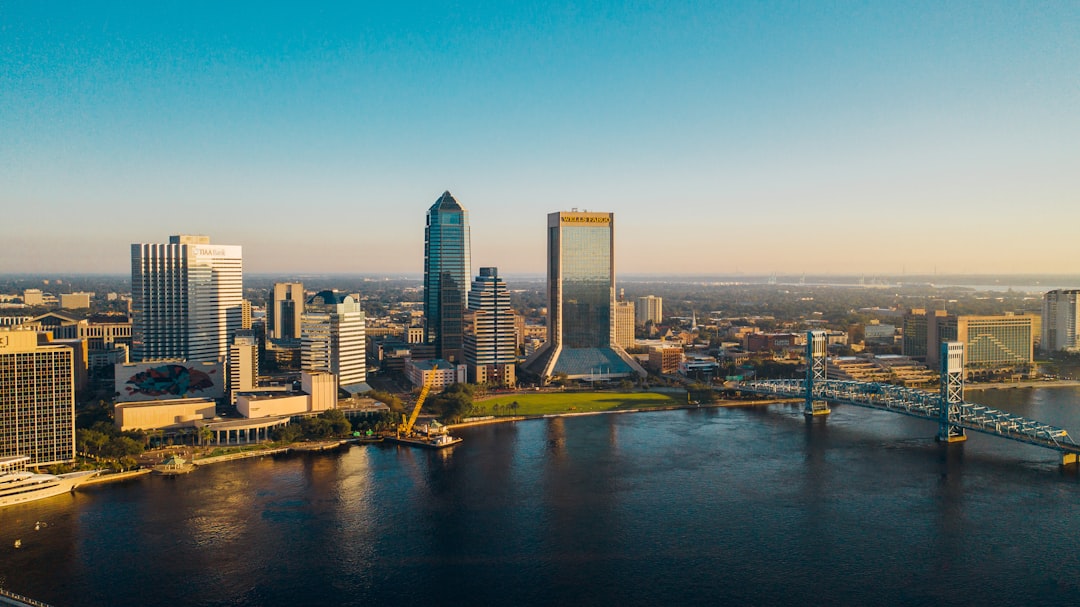In Florida, the rise of wellness trends has led to an unfortunate increase in massage spa abuse cases. This guide aims to empower individuals by demystifying legal avenues for recourse. Understanding Florida’s specific laws on spa abuse is crucial. Knowing what to look for in a qualified massage spa abuse lawyer is essential. We’ll walk you through building a solid case with evidence and testimonies, and navigating the legal process post-claim. Armed with knowledge, victims can hold spas accountable with help from a dedicated massage spa abuse lawyer in Florida.
Understanding Florida's Laws on Spa Abuse

In Florida, spa abuse cases involving massage therapies and similar services are governed by a combination of state laws and regulations that aim to protect clients from harm and ensure ethical business practices. It’s crucial for victims to understand their rights and options under these laws when dealing with abusive or negligent situations at spas.
If you’ve experienced massage spa abuse in Florida, such as inappropriate physical contact, sexual harassment, or any form of mistreatment during a spa service, it’s advisable to consult a qualified massage spa abuse lawyer. These legal professionals are well-versed in the state’s regulations and can help guide victims through the process of seeking justice. They can explain the applicable laws, including those related to consent, professional conduct, and liability, which vary based on the specific circumstances of each case.
What to Look for in a Massage Spa Abuse Lawyer

When seeking justice and compensation for massage spa abuse in Florida, choosing the right legal representative is paramount. A competent massage spa abuse lawyer in Florida should possess a combination of skills and expertise tailored to this unique field. Look for attorneys who have extensive knowledge of state laws related to personal injury, workplace safety standards, and licensing regulations governing massage therapy.
Additionally, experience handling similar cases is invaluable. A lawyer who has successfully represented clients in past spa abuse cases understands the ins and outs of these investigations, knows how to navigate complex legal procedures, and can effectively communicate with both medical professionals and law enforcement. This expertise ensures a stronger case and increases the likelihood of a favourable outcome for the victim.
Building a Solid Case: Evidence and Testimonies

Building a solid case for massage spa abuse starts with gathering compelling evidence and testimonies. Key pieces of evidence can include video surveillance, medical records detailing injuries, and any written or verbal statements from witnesses. Testimonies from victims play a crucial role in strengthening the case, providing firsthand accounts of the abusive incidents.
A skilled massage spa abuse lawyer in Florida will help navigate this process, ensuring that all relevant information is collected and presented effectively. They understand the importance of documenting every detail to build a compelling narrative that holds abusers accountable. This meticulous approach increases the chances of achieving justice for victims and setting a precedent for similar cases.
Navigating the Legal Process: Steps After Filing a Claim

After filing a claim against a massage spa or its staff for abuse, it’s crucial to understand the legal process that follows. The first step is to gather all relevant evidence, including medical records, witness statements, and any available surveillance footage. This documentation will be vital in building a strong case. It’s recommended to consult with an experienced massage spa abuse lawyer in Florida who can guide you through this process.
Next, the attorney will review your claim and assess its strength. They’ll communicate with both the spa and their insurance providers, ensuring that all parties are aware of the allegations. Depending on the outcome of these initial communications, negotiations may commence to reach a settlement out of court. If an agreement can’t be reached, the case is likely to proceed to litigation, where a judge or jury will decide the outcome based on the evidence presented by both sides.


